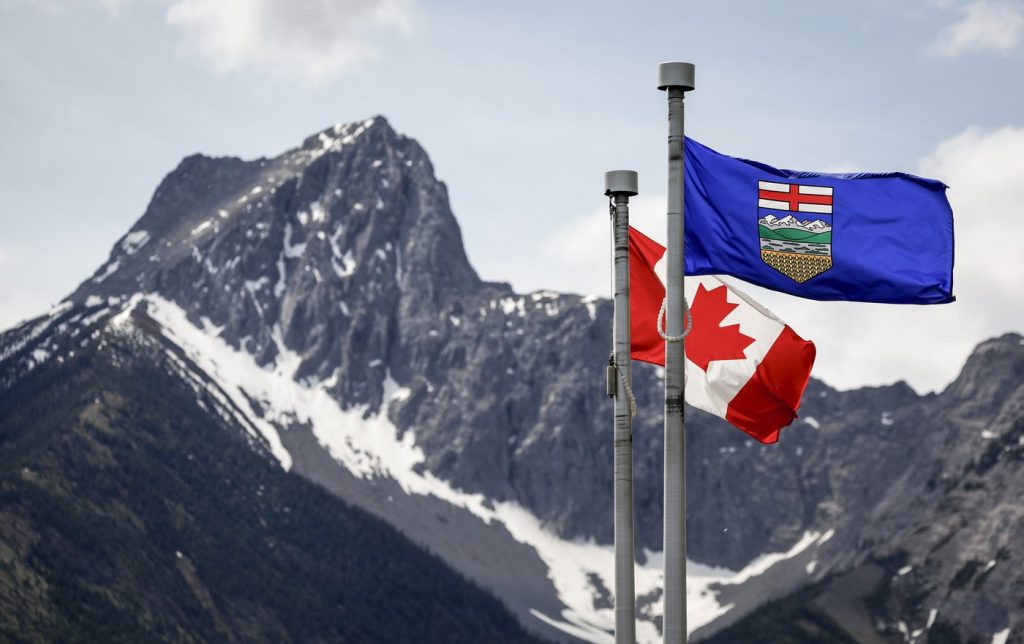A special court hearing begins today in Edmonton to determine whether a proposed referendum question on Alberta’s separation from Canada can proceed under the Constitution.
Alberta’s Chief Electoral Officer, Gordon McClure, referred the question to the courts last week, asking for a judicial review on whether it violates the Constitution, including Indigenous treaty rights. The question posed to Albertans reads: “Do you agree that the Province of Alberta shall become a sovereign country and cease to be a province in Canada?”
Premier Danielle Smith and Justice Minister Mickey Amery have sharply criticized the court referral, arguing that the question should move forward and face legal scrutiny only if it passes in a public vote.
While McClure’s office has refrained from commenting due to the ongoing court process, several parties, including the Athabasca Chipewyan First Nation, have indicated plans to make submissions. A government lawyer also informed the Court of King’s Bench that Amery intends to present arguments, reinforcing his position that the question is not unconstitutional and should be allowed to proceed.
Mitch Sylvestre, an executive with the Alberta Prosperity Project and author of the proposed question, is expected to apply for the case to be struck before the hearing begins. His legal team has not responded to inquiries.
Should the question receive court approval, Sylvestre would then need to gather 177,000 signatures within four months to place it on the ballot.
Meanwhile, a competing referendum effort is already underway. A proposal by former Progressive Conservative deputy premier Thomas Lukaszuk—approved in June—asks whether Alberta should officially declare it will never separate from Canada. Because Lukaszuk’s application predated recent changes to signature thresholds, he must collect nearly 300,000 signatures in 90 days to move forward.
The court’s decision could have significant implications for Alberta’s political future, especially as tensions rise over sovereignty and constitutional interpretation.

